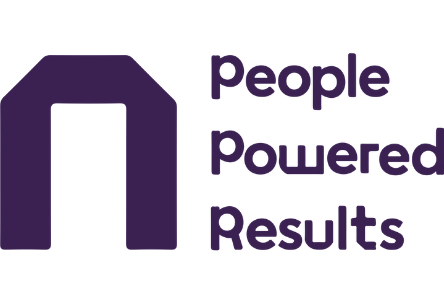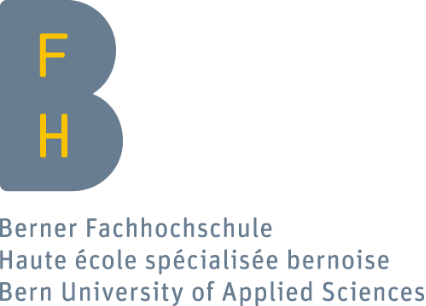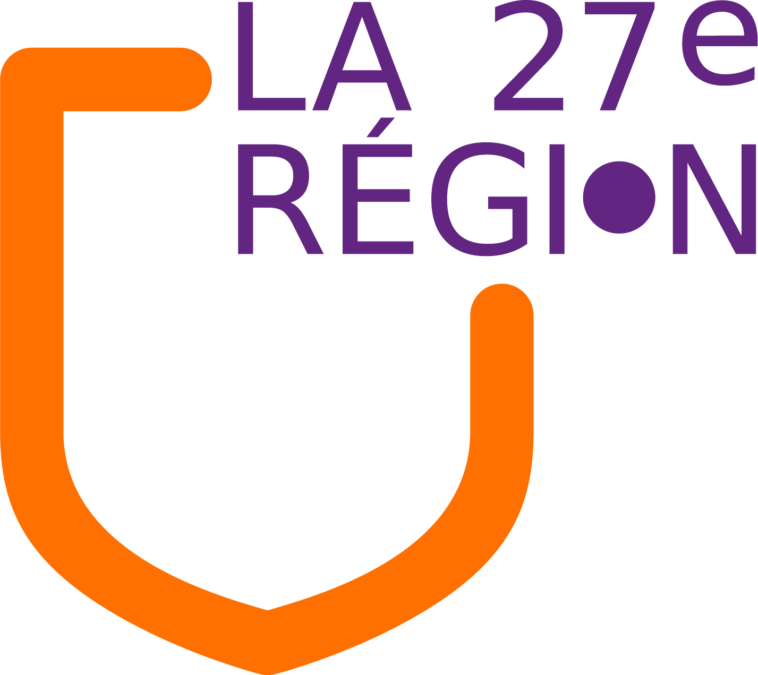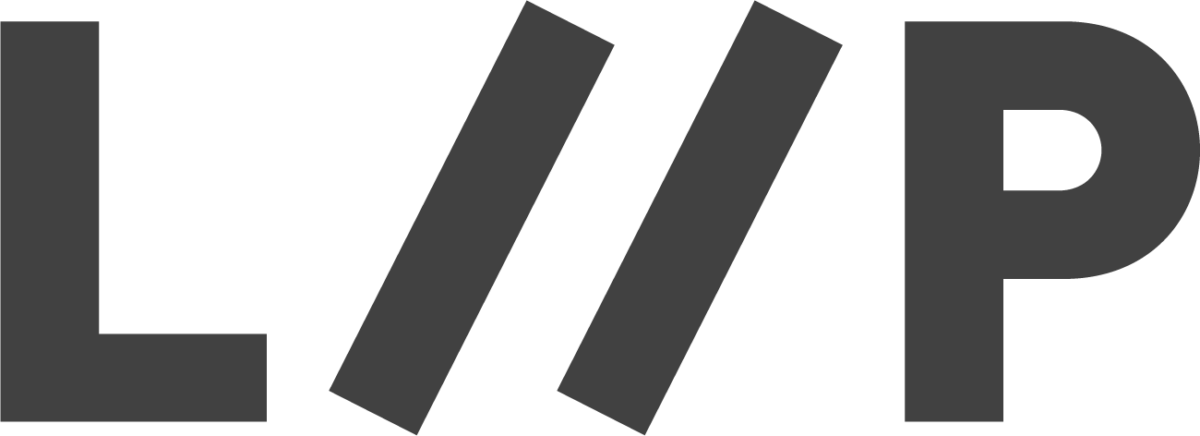Programm
Begleiten Sie uns auf eine inspirierende eintägige Reise mit vier Etappen, die es Ihnen ermöglichen, tiefer in das „Warum“, „Was“ und „Wie“ der öffentlichen Innovation einzutauchen.
08:45
Türöffnung & Willkommenskaffee
Willkommen in der Welt der Innovation für den öffentlichen Sektor
09:30
11:15
Etappe 1Wohin gehen wir?
Lassen Sie sich von den Ansprachen nationaler und internationaler Redner*innen inspirieren.
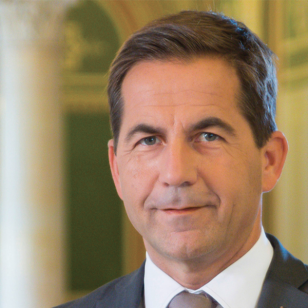
Walter Thurnherr
Schweizer Bundeskanzler und Beiratspräsident von civicChallenge Begrüssung

Brenton Caffin
Executive Director, Strategy and Policy at Department of the Premier and Cabinet, Government of South Australia The core values of a public innovation culture

Nicole Burth
CEO Communication Services bei der Schweizerischen Post Einfach, sicher, digital – auch im Behördenumfeld

Walter Thurnherr
Schweizer Bundeskanzler und Beiratspräsident von civicChallengeBegrüssung
Walter Thurnherr ist Bundeskanzler der Schweizer Eidgenossenschaft und Beiratspräsident von civicChallenge.


Alec von Graffenried
Stadtpräsident BernBegrüssung
Stadtpräsident von Bern


Brenton Caffin
Executive Director, Strategy and Policy at Department of the Premier and Cabinet, Government of South AustraliaThe core values of a public innovation culture
Culture is the aggregate of behaviours of individuals in organisations. Behaviours are the practical application of values. So what core values are most important to do the work of public innovation well? Drawing on two decades of work with governments in over twenty countries, Brenton will share his thoughts on value, culture and public innovation.
Brenton Caffin
Brenton Caffin works as the Executive Director for Strategy and Policy at the Department of the Premier and Cabinet of the Government of South Australia. Brenton previously was working for the international Innovation-Agency States of Change and in that role was leading the first Design Thinking – Workshop for the civicChallenge 2020 contest. He is also a Board-Member of civicChallenge.


Anna Piperal
E-governance expert EstoniaFuture-minded governance
Modern days combined with the pandemic and military crisis, very high expectations, and little trust towards governments from the public are demanding robust and highly resilient state systems and services that are available 24/7 and are location independent. Estonian state has been designing its processes keeping those priorities in mind for the last three decades placing the user in the center. The principles that serve privacy, interoperability, integrity, convenience, and increase citizens‘ trust are also creating efficiency and enormous time saving for all parties. Proactive services based on the life cycle, blockchain, use of AI robots, and open innovation culture have brought Estonia to be named the most digitalized society in the world.
Estonia is a modern showcase of what is possible when the citizens‘ comfort is a priority. 18 minutes to start a company, 11 minutes to sell real estate, 3 minutes to file taxes, 1 minute to vote. The system is not a test and a prototype – 99% of public services are digital. From business, taxes, healthcare, voting, or real estate deals, there is only marriage and divorce that are not conducted online today. Anna’s talk reveals the main design principles, approach toward data, user experience, and ongoing innovation projects that create a future-minded government. Find out why this society has embraced this digital culture and get inspired to challenge the limits.
Anna Piperal
Anna Piperal is a digital enthusiast, e-governance expert, branding professional, and strategic intervention coach. Her experience and education in marketing and state governance have led her to become a Managing Director at the e-Estonia Showroom – an executive briefing center and an innovation hub, part of Estonian Business and Innovation Agency to support the knowledge and technology transfer from Estonia to the world. In her talks, she shares the story of the most digital society in the world and sheds the light on the e-Estonia creators’ mindset. She is highlighting the benefits, challenges, and advantages of building a next-level seamless “zero-bureaucracy” government ecosystem.


Nicole Burth
CEO Communication Services bei der Schweizerischen PostEinfach, sicher, digital – auch im Behördenumfeld
Das Bedürfnis nach digitalen Dienstleistungen ist gross – bei der Bevölkerung ebenso wie bei den Unternehmen und Behörden. Die aktuellen Herausforderungen sind jedoch vielfältig, sei es z.B. in Bezug auf den Umgang mit sensiblen Daten oder dem Wunsch der Nutzerinnen und Nutzer nach einfachen und intuitiven Lösungen, die keine Gebrauchsanweisung benötigen. In ihrem Referat nimmt Nicole Burth, Leiterin Kommunikations-Services und Mitglied der Konzernleitung der Post, diese Themen auf und erklärt, warum digitale Kompetenzen und die digitale Befähigung so wichtig sind – und wie die Post das Thema angeht.
Nicole Burth leitet seit Januar 2021 den Geschäftsbereich Kommunikations-Services bei der Schweizerischen Post. In diesem neuen Bereich geht es um Interaktionen zwischen diversen Anspruchsgruppen – einfach, sicher, digital. Zuvor war sie in verschiedenen Führungspositionen bei der Adecco Gruppe tätig, zuletzt als CEO der Schweizer Einheit sowie als Zonenverantwortliche für Belgien, Luxemburg und Österreich. Sie verfügt neben ihrer Führungs- und Managementerfahrung über einen starken Leistungsausweis im Bereich Partnerschaften, Fusionen und Übernahmen sowie im Auf- und Ausbau von Geschäften. Nicole Burth besitzt einen Master of Business Administration der Universität Zürich und ist Chartered Financial Analyst.
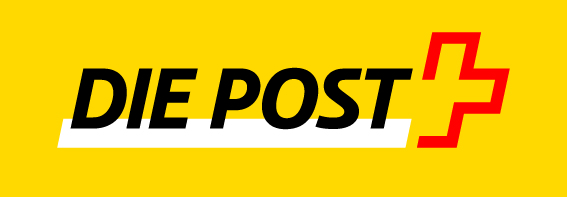
11:15
11:45
Kaffeepause
11:45
12:45
Etappe 2Wie sieht die Reise aus? (Teil 1)
Erwerben Sie in zwei verschiedenen Learning Labs (je 60 Minuten) neue Innovationswerkzeuge und Fähigkeiten. (Sie wählen im Vorfeld, welche 2 Learning Labs Sie besuchen möchten, weitere Informationen folgen)

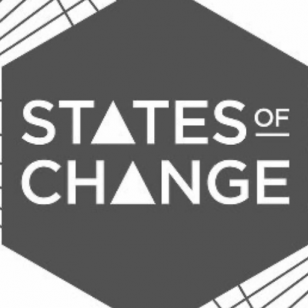
States of Change
Collective to promote public innovation worldwide Building capacity for system innovation
Staatslabor
Innovationslabor für die öffentliche Verwaltung der Schweiz 7 Thesen zur öffentlichen Verwaltung der Zukunft
Berner Fachhochschule
Institut Public Sector Transformation Mehrwert aus Open Data schöpfen
ZHAW
IVM Institut für Verwaltungs-Management Systemische Innovation: Ein Governance-Design Ansatz
Université de Genève
Département de systèmes d’information L’innovation par le “faire” – retours d’expériences et exemples dans le contexte des administrations publiques
Lugano Living Lab
Innovation Platform City of Lugano Insights on how a public administration can include the blockchain technology to innovate its services. The case of the City of Lugano
la 27e Région
laboratoire de transformation publique Public-communal partnerships – how to move towards a more collaborative public action?


NESTA
Innovation Social Enterprise UKNew Skills and Attitudes for an Uncertain World
Governments around the world are facing complex problems, to which there are no easy answers. While tools and methods can help us do our work in new ways, to really bring about change we also need to think about the culture and mindsets in our institutions. To be fit for the future, it’s clear that new approaches are needed. In this learning lab, we will explore the question of how we can equip public servants with the skills and attitudes to embrace our increasingly uncertain world.
People Powered Results – Rose Mosse
People Powered Results is a Nesta Social Enterprise that has been pioneering new approaches to achieving change and innovation in systems since 2014. We work with organisations and public systems across the UK to release the power of people closest to issues to adapt and take action in an increasingly uncertain and complex world. We take on some of today’s biggest challenges and face the future with curiosity and confidence. We’re perpetual collaborators, architects of change and instigators of everyday innovation.


States of Change
Collective to promote public innovation worldwideBuilding capacity for system innovation
How do we begin to mobilize and drive the systemic changes needed as part of dealing effectively with 21st century challenges? What do these new ways of working look like and how do we equip ourselves and our organizations to embrace them?These questions will be explored in a learning lab where we will learn from ongoing attempts to catalyze systemic change in the social sector in Denmark. This will include focusing on what new change leadership and decision-making look like and how we best embrace experimentation as a way of working and begin to build new collaborative models and infrastructures to drive change at scale.
Jesper Christiansen
Jesper Christiansen represents States of Change and Bikuben Foundation
States of Change supports individuals and institutions become more experimental, participatory and agile so they can respond to the challenges of our age.
Bikuben Foundation focuses on developing and deploying innovative ideas, structures and methods for the purpose of creating the best obtainable social value and artistic significance. We consider collaboration an ideal approach to the creation of new opportunities and the facilitation of permanent change.


Staatslabor
Innovationslabor für die öffentliche Verwaltung der Schweiz7 Thesen zur öffentlichen Verwaltung der Zukunft


Berner Fachhochschule
Institut Public Sector TransformationMehrwert aus Open Data schöpfen
Wichtige Aspekte des organisationalen Wandels sind Transparenz, Partizipation und Innovation. Dies nicht nur als Aspekte der Unternehmenskultur, sondern auch gegenüber der Öffentlichkeit. Öffentliche und frei nutzbare Daten fördern Transparenz, Innovation und Partizipation in allen gesellschaftlichen und wirtschaftlichen Bereichen. Darum werden in der Schweiz immer mehr Open (Government) Data von Bund, Kantonen und Gemeinden unentgeltlich und in maschinenlesbaren Formaten zur Verfügung gestellt. In diesem Learning Lab soll in einem praktischen Workshop erarbeitet werden, welche Daten aus der eigenen Organisation bereits frei verfügbar sind oder freigegeben werden können, welches Potenzial diese Daten bieten und wie dies genutzt werden kann (z.B. mittels Visualisierungen).
Die Berner Fachhochschule (BFH) ist die grösste staatliche Hochschule für angewandte Forschung in der Region. Das Institut Public Sector Transformation (IPST) beschäftigt sich in seinem Geschäftsbereich mit der Frage, wie der öffentliche Sektor offener, partizipativer und widerstandsfähiger gestaltet werden kann und welche Rolle die Digitalisierung dabei spielt. Ein besonderer Schwerpunkt liegt auf dem Thema Smart City als Testfeld für neue Formen der Governance und der öffentlichen Wertschöpfung.


ZHAW
IVM Institut für Verwaltungs-ManagementSystemische Innovation: Ein Governance-Design Ansatz
Grosse Herausforderungen erfordern einen systemischen Wandel. Regierungen und gemeinnützige Organisationen können der Innovation auf Systemebene eine Richtung geben, die Akteure auf ein gemeinsames Ziel ausrichten, regulatorische und materielle Ressourcen bereitstellen und Lernprozesse nachhaltiger gestalten. Auf der Grundlage eines Governance-Design-Ansatzes zeigen wir, wie eine solche zielgerichtete Systemtransformation erfolgreich sein kann – theoretisch fundiert und anhand von Fallstudien illustriert. Darüber hinaus stellen wir Wege zur Verbesserung der Verbindungs-, Führungs- und Lernfähigkeit des Meta-Governers vor und reflektieren, was systemische Innovation für die Organisationskultur im weiteren Sinne bedeutet.
ZHAW School of Management and Law
Als lernende Organisation gestalten wir den öffentlichen Sektor der Zukunft. Wir verpflichten uns zu wissenschaftlicher Exzellenz, um evidenzbasierte Lösungen für praxisrelevante Herausforderungen zu liefern. So tragen wir zu einer verantwortungsvollen und integrativen Gesellschaft bei.


Université de Genève
Département de systèmes d’informationL’innovation par le “faire” – retours d’expériences et exemples dans le contexte des administrations publiques
L’Etat de Genève et l’Université de Genève collaborent depuis plus de 10 ans sur l’innovation dans les administrations publiques au sens large. Cet atelier à pour objectif de retracer ce parcours avec ses principaux jalons, accomplissements, méthodes et exemples. Un accent particulier est mis sur le “faire” au sens de la fabrication dans une optique plus large que le tangible, incluant la fabrication de l’intangible.
Prof Jean-Henry Morin
UNIGE


Lugano Living Lab
Innovation Platform City of LuganoInsights on how a public administration can include the blockchain technology to innovate its services. The case of the City of Lugano
Learn how the City of Lugano is applying Living Lab methodologies to embrace innovative technologies, such as blockchain, and positively impact all facets of daily life for residents and businesses. The workshop will discuss the key role of a living lab as initiator, mediator and coordinator of open innovation processes and share experiences about technology innovation in the public sector. Participants will gain insights on how Lugano Living Lab is implementing blockchain technology with concrete cases and ongoing initiatives such as:
- MyLugano, the Lugano blockchain-powered city app
- 3AChain, a private blockchain developed by the City together with public-private partners to promote usage and adoption
- Lugano’s Plan B, a joint initiative between the City of Lugano and Tether Operations to scale up blockchain and crypto adoption in the city


la 27e Région
laboratoire de transformation publiquePublic-communal partnerships – how to move towards a more collaborative public action?
La 27e Région a été créée en 2008 à l’initiative d’un groupe de collectivités locales. Son objectif est d’inspirer et inventer les services, les administrations et les modes d’action publics de demain. C’est un laboratoire de transformation publique, constitué en association indépendante, qui propose un espace pluridisciplinaire, réflexif et expérimental pour construire les futurs souhaitables de l’action publique. Elle conçoit et conduit des programmes d’innovation et de recherche-action, avec ses adhérents, une quarantaine de collectivités locales françaises, et ses partenaires.


Liip
Swiss digital agencyFostering innovation – how to work during different stages
A hands-on workshop examining how to move from an idea to a potential project and accelerate the learning process through lean methods. We will cover questions such as ”When is the right time to start?”, “What do we need?”, “Which stakeholders should be involved?” and “How to get a common ground to start?”.
Liip is a Swiss digital agency with a strong mindset. For more than a decade, Liip has been helping customers overcome digital challenges – from developing award-winning online platforms, mobile apps and online shops, through to coaching sessions for new ways of working. From A to Z we cover with experts in strategy, ideation, user experience and custom development – whether start-up, large company or federal authority, from retail to mobility. Rather than off-the-peg solutions, we offer digital progress: user-centred innovations with a social, environmental and economic impact. Liip works in an agile way in self-organised teams using Holacracy. This means no bosses, just lots of entrepreneurship and drive – and even more diversity, open source ideas and creative approaches. This is valued by not only our around 200 employees, but also customers and award panels.
12:45
14:00
Mittagessen
Eine kurze Pause um Körper & Geist neu aufzutanken.
14:00
15:00
Etappe 2Wie sieht die Reise aus? (Teil 2)
Zweiter Teil der Learning Labs. Vertiefen Sie sich in ein zweites Thema Ihrer Wahl.
15.15
16:30
Etappe 3Wie kommen wir ans Ziel?
In diesem überraschenden, interaktiven Reiseschritt tauchen Sie tiefer in ein Thema Ihrer Wahl ein, gewinnen neue Einsichten und Fähigkeiten durch Coaching-/Mentoringangebote oder entdecken neue Innovationsakteure. Weitere Informationen erhalten Sie am Tag der Konferenz.
16:30
17:30
Etappe 4Was kann ich selbst beitragen?
Reflektieren Sie gemeinsam mit den Teilnehmer*innen einer Podiumsdiskussion über die Erkenntnisse des Tages, die Herausforderungen und die konkreten Schlussfolgerungen.
17:30
18:30
Apéro
Zeit, um Kontakte zu knüpfen und sich gemeinsam über die Erkenntnisse des Tages auszutauschen.
18:30
20:00
civicChallengePreisverleihung
Entdecken Sie, wer den diesjährigen civicChallenge-Wettbewerb gewonnen hat und erfahren Sie mehr über die teilnehmenden Projekte. Im Anschluss festlicher Apéro.

